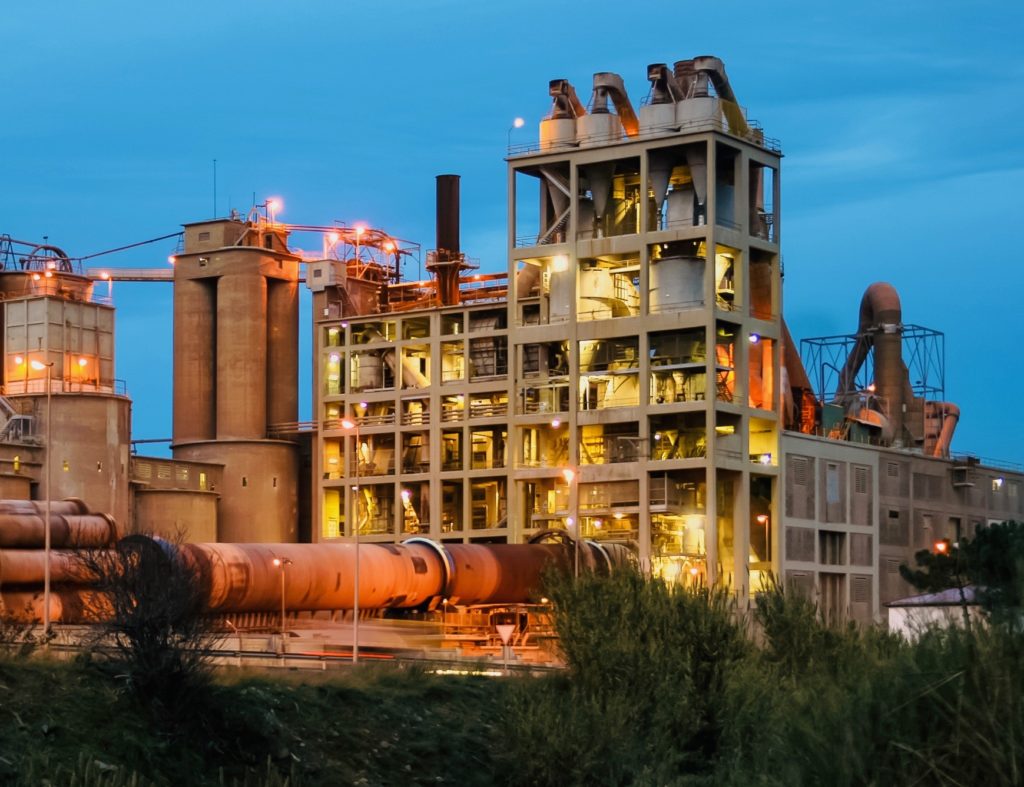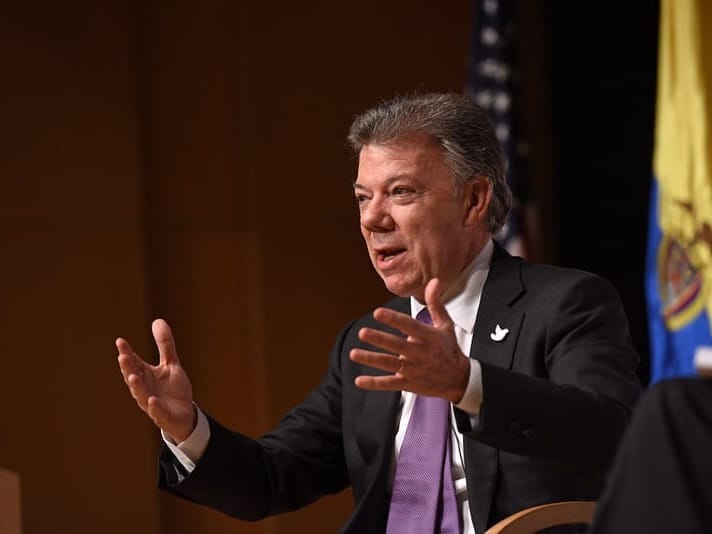UNITED NATIONS (AN) — Some 40% of the United Nations' 193 member nations committed on Monday to achieving carbon neutrality by 2050, and nearly the same amount vowed to take greater action to fight global warming by 2020.
Along with the commitments from 77 nations to net zero carbon emissions, and from 70 nations on global warming, 130 banks representing a third of the global banking sector and 100 business leaders pledged to run greener operations by shifting to renewable energy and curbing fossil fuel-burning linked to climate change.








